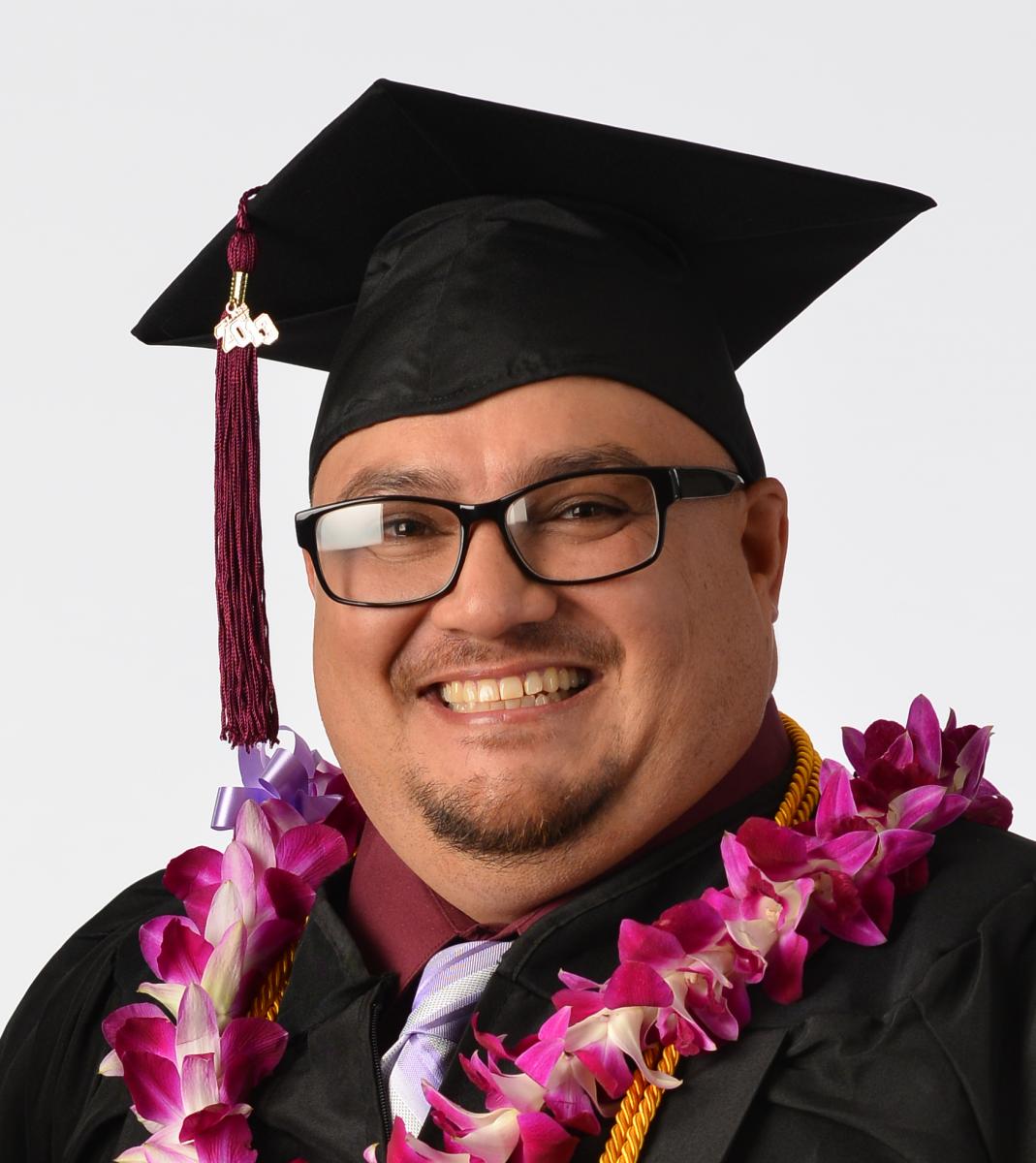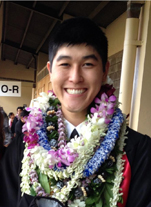PROGRAM LEARNING OUTCOMES
Upon successful completion, students are prepared to:
- Demonstrate mechanical reasoning; form perception and spacial relations; numerical reasoning and communication skills as a part of the basic entry-level skills and knowledge to gain employment in the Machining, Welding, Industrial Mechanics or related fields.
- Demonstrate the attributes of a good employee; good safety practices; positive work ethics; working collaboratively or independently under supervision; an awareness of hazardous materials and a responsibility for the orderliness and cleanliness of the workplace.
- Demonstrate eye and hand coordination and dexterity in the proper set-up and use of the basic machine tools and equipment; metalworking equipment; the common welding and cutting processes; industrial mechanics equipment; material handling equipment and related machinery.
- Demonstrate the applications of and the ability to use the common hand tools; layout tools; measuring tools; precision measuring tools; common cutting and forming tools, tools used with the common fasteners and specialty tools, and the common metalworking and mechanic tools.
- Demonstrate form perception and spatial relations in the applications of geometric construction; the three common methods of pattern development; industrial practices in framing and structural fabrication; practices in welding joint design and joint preparation and the common machine shop operations and practices.
- Demonstrate the skills of a life-long learner; the ability to read blueprints; knowledge of metals and the common materials and supplies; the ability to do the work related math; and the ability to communicate and read technical resources.
- Darrell Miyashiro
Phone: (808) 934-2684
Email: darrells@hawaii.edu
The Career and Technical Education (CTE) programs at Hawai‘i CC are an integral part of the local community and reflect its day-to-day life. Close cooperation among the faculty, employers, and employees in the community is maintained. One of the most effective formal means of providing for this type of cooperation is the Program Advisory Council. These groups advise their respective programs of training needs and new developments in the field. Councils include employers, alumni, and others knowledgeable about the field.
Machine, Welding and Industrial Mechanics Technologies Program Advisory Council:
- Leonard Cardoza, Owner, Leonard’s Auto Repair dba Orchid Isle Hauling and Rental
- Mark Devenot, Supervisor, W.M. Keck Observatory
- Russell Iyo, Owner, R&R Machine and Welding
- Steve Kirsch, Industrial Account Manager, Airgas/Gaspro
- Cooper Nakayama, Senior Mechanical Technician, Gemini Observatory
- Brian Ninomoto, President/Owner, Hawaii Sheetmetal and Mechanical, Inc.
- Arnold Tengan, Owner, Hilo Steel Works
- Adam Vandenberg, Machinist, W.M. Keck Observatory
- Matthew Wung, Electronic/Instrumentation Technician, Subaru Observatory



